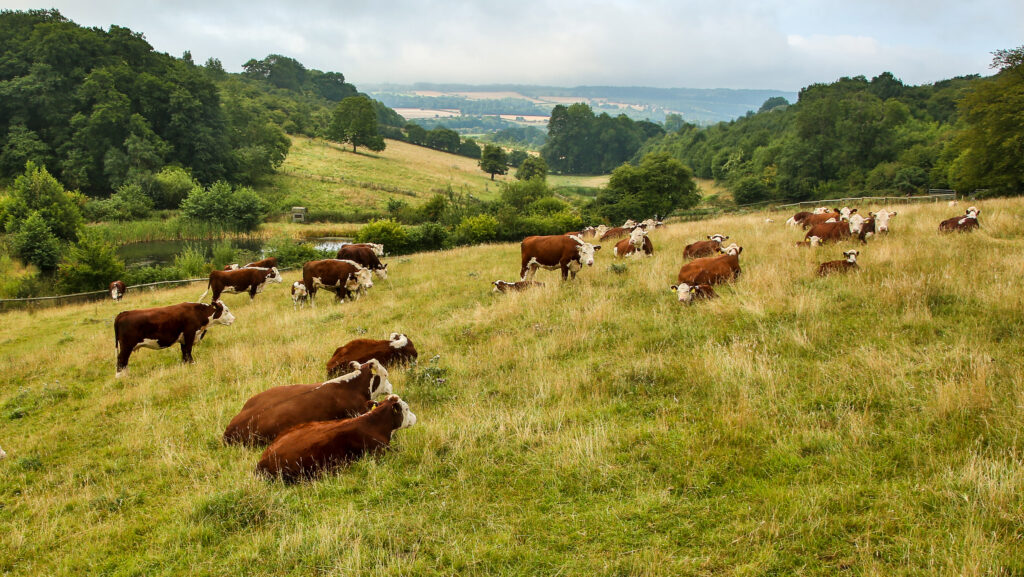Farm leaders give mixed reaction to UK’s CPTPP entry
 © Ian Boyd, Cotswold Beef
© Ian Boyd, Cotswold Beef The UK’s official entry into the Comprehensive and Progressive Agreement for Trans-Pacific Partnership (CPTPP) has drawn a mixed response from British farmers, highlighting both opportunities and challenges for the future of UK agriculture.
The CPTPP, a trade bloc now comprising 12 nations, including Canada, Japan, and Australia, represents a market of over 500 million people.
On 15 December 2024, the UK became the first non-Pacific country to join the partnership, marking a historic move to strengthen global trade ties.
See also: What the CPTPP free-trade bloc could mean for UK agriculture
A host of other nations, including China, Taiwan, and South Korea, have applied to join the trade bloc, potentially expanding its influence further.
While the government hails CPTPP membership as a chance to expand agricultural exports and bolster the economy, farming leaders remain cautious.
Concerns persist over potential competition from imports produced under less stringent environmental and welfare standards. Australian and New Zealand farmers, for example, often benefit from lower production costs and economies of scale.
NFU view
NFU trade director Nick von Westenholz said: “CPTPP membership offers opportunities for UK beef, sheep, and dairy exports to grow in South-East Asia, where food safety is a key consumer concern.
“Given our geography, I was always of the view that British agriculture was better off within the EU single market,” she said.
“History shows us that once we, as an island in the northern hemisphere, are exposed to world markets, we cannot compete with countries that have more land, fewer labour regulations, and better climates.”
Mrs Webster also criticised the Labour government’s recent cuts to the marketing budget for British food and drink exports.
“Successive governments seem more excited about tech, particularly AI, and view food as secondary to the economy, assuming we can always import what we need,” she added.
Call for clarity on food strategy
Phil Stocker, chief executive of the National Sheep Association (NSA), called for a clear strategy on the UK farming’s future.
“Whenever we sign up to this sort of trade agreement, it’s a step toward a global food commodity market future,” said Mr Stocker.
“The industry needs clarity on whether the focus is self-sufficiency, local food, or global trade in premium products. What’s the balance?”
Questions remain about how the UK will balance its global trade ambitions with safeguarding environmental and welfare standards.
The UK government has sought to reassure stakeholders, stressing that CPTPP membership allows nations to maintain their own standards. Hormone-treated meat, for instance, will remain banned for import into the UK, despite increased access for Canadian farmers.
The government estimates CPTPP membership could increase the UK’s GDP by £2bn annually in the long term. In contrast, the Office for Budget Responsibility (OBR) forecasts that the UK economy will shrink by 4% in the long run due to Brexit.
Government response
Business secretary Jonathan Reynolds said the UK’s entry into CPTPP will “boost trade and create opportunities for UK companies abroad”.
“Our trade strategy, published next year, will finally put in place a long-term strategic plan for international trade that helps businesses and consumers and, ultimately, grows the economy,” he added.
